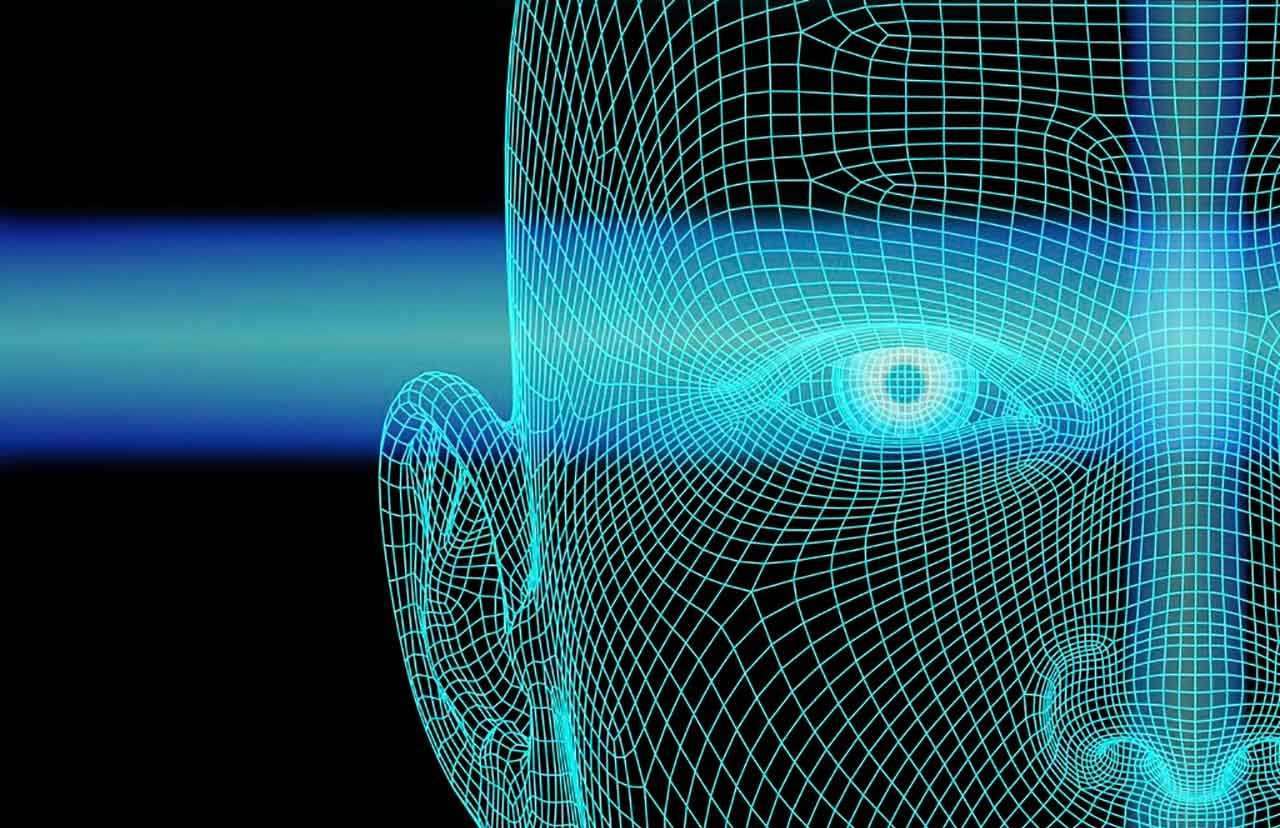The Fanciest Checkup Ever

Now you can get a 3-D image of your body containing loads of data. Will it save lives?
For some $25,000, a San Diego company called Health Nucleus can scan your brain, measure thousands of compounds in your blood, and survey your genes and microbes. Welcome to the fanciest check-up to date, courtesy of J. Craig Venter.
Venter, a pioneer of gene research, is also building a data base of genome sequences for individuals, adding some 3,000 a month, according to the science publication statnews.com. The check-up package includes a genome sequencing, of course.
YOU MIGHT ALSO LIKE: Cancer Screening Guidelines
Many of these tests have not been approved for clinical use; their main purpose is to gather data for research. The hope is that Human Longevity, the parent of Health Nucleus, can teach computers to recognize patterns in the data that doctors or scientists wouldn’t notice. Besides the genome sequence you get a sequence of your microbiome, the microbes that live in your body, especially your intestines. One day, the company may be able to see early changes in microbial activity that predict disease. But at best, that’s years away.
For your money, you’ll also get the most elaborate heart scan using 4D echocardiography (the fourth dimension is time). The company measures plaque on blood vessel walls with a technique called “carotid intimal media thickness testing.” Whole-body scans map fat deposits and look for tumors. The more elaborate scan could one day help radiologists distinguish between tumors that need biopsies and those that can safely be ignored. Brain scans could potentially lead to assessments of your risk for dementia.
The end result: a medical plan designed to take account of your personal risk for a range of diseases. As a customer, you receive a program that produces a 3-D image of your body, and allows you to zoom within the image for data on areas of concern.
Fascinating. Will it do you any good? “I think there is absolutely no evidence that any of those tests have any benefit for healthy people,” Rita Redberg, MD, a cardiologist at the University of California at San Francisco and the editor-in-chief of JAMA Internal Medicine, told statnews.com. Redberg isn’t the only skeptic. As Timothy Caulfield, the research director at the Health Law Institute at the University of Alberta, puts it, stepping on a scale to see your weight “is more predictive of future health issues than almost all the information you’ll get from a genome scan.” To prove that the data is useful, critics say the company should set up a randomized experiment comparing the results over time for people who get these elaborate tests and a control group who get ordinary medical testing.
YOU MIGHT ALSO LIKE: Lab Tests Can Steer You Wrong
Remember that whenever healthy people take medical tests, they run the risk of getting ambiguous results that lead to worry and, too often, unneeded medical treatment. In fact, a 2012 meta-analysis by the prestigious Cochrane Library concluded that checkups on healthy people didn’t seem worth the downside, and notably didn’t prevent deaths from cancer or heart disease. The researchers pointed out noted that physicians often catch disease risks when they see patients who come with unrelated complaints. It’s also true that the people most at risk may be less likely to show up at the doctor’s office because their lives are too stressful or they lack insurance.
If you’re curious about your genes, be prepared for bad news even if you don’t have any known medical problems. Testing will typically turn up a variant tied to disease. Gene testing can be had inexpensively: Dozens of companies already offer tests that cost anywhere from under $100 to more than $2,000 to search for variant. Again, what you should do with the information is often unclear. As genetics lab workers often say, “Anyone can find a mutation, but not everyone can interpret them.” Of the many millions of variants, many are rare or not understood.
The U.S. government has helped create and fund a global database, ClinVar, that contains results contributed by a variety of research teams and some private companies. The labs still often disagree on the disease risk represented by a particular variant, but observers hope that as the database grows, scientists will agree more often.
Most people want only information they can use. Right now, that could be testing to optimize your dose of the blood-thinners clopidogrel (Plavix) and warfarin (Coumadin). You might also test for the APOE ε4 gene, an Alzheimer’s risk, if dementia runs in the family and you’re deciding whether to buy long-term care insurance. Members of families with a known genetic cancer risk might get great comfort if they test negative. On the other hand, a positive outcome could steer you to appropriate vigilance. Just be sure you get time to discuss your result with someone you trust.
Whether you want a $25,000 high-tech total checkup is like any other luxury choice. You could give your cash to charity or go on another safari, too.
YOU MIGHT ALSO LIKE: Saliva Testing Can Detect and Monitor Disease
Updated:
February 10, 2016
Reviewed By:
Christopher Nystuen, MD, MBA